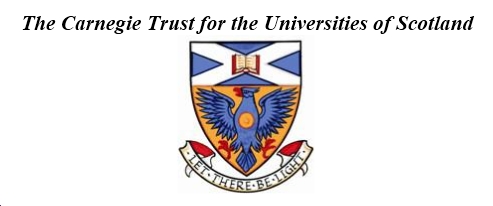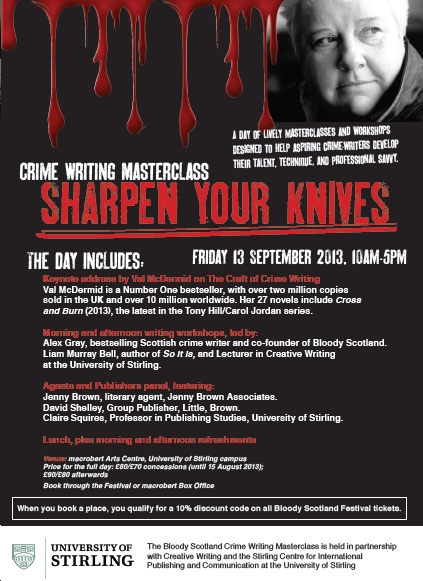 Frances Sessford, Teaching Fellow at Stirling Centre for International Publishing and Communication, went to Scottish trade publisher Canongate Books for a week recently to take a look at their inventory management system. At their Notting Hill Gate office in London, Frances joined Inventory Manager, John Seaton, for a couple of days to see how he manages the publisher’s backlist.
Frances Sessford, Teaching Fellow at Stirling Centre for International Publishing and Communication, went to Scottish trade publisher Canongate Books for a week recently to take a look at their inventory management system. At their Notting Hill Gate office in London, Frances joined Inventory Manager, John Seaton, for a couple of days to see how he manages the publisher’s backlist.
Publishers can make most of their profit from the ongoing publication of backlist titles. Thus managing the backlist efficiently is a big responsibility as it impacts on the publisher’s income. Yet not many publishers have staff dedicated to focussing on the backlist alone – often a commissioning editor manages both newly acquired (frontlist) and backlist titles. In reality (especially in trade publishing) most time and effort is concentrated on new titles because these take a lot of time and effort to bring to publication. This in turn can make backlist management a lesser priority, which means the publisher could lose potential valuable revenue.
Over its 40 years in business, Canongate has built up a strong backlist of around 800 titles, from authors such as Alasdair Gray, Alexander McCall Smith and Yann Martel. Advances in digital printing technology enable publishers to keep books in print indefinitely. This is the secret of Canongate’s backlist management success: short run printing. Using digital laser printers instead of conventional web litho press means that as few as a hundred copies of a book can be printed and stored profitably while maintaining quality.
Some books sell and sell for many years while some have a definite shelf life. But even the ones that sell regularly don’t remain in the same state forever. This could be because they need to be revised, or a different edition is required, or they are going to be rejacketed. In their lifetime most books will be brought out in various editions such as hardback, paperback, film tie-in, anniversary, special cover – there are many reasons for a book to be republished.
So how do you know what to print? Is it a case of just waiting until you run out of a title then ordering more? Not quite. John’s first job is to monitor stock levels and sales patterns information which is provided by the distributor and decide whether there is still sales potential in the book in its current edition. If the book is selling well and stock is running low, the appropriate print run will be ordered. If John knows that a new edition is coming through – for example, the paperback edition – then he might leave the current stock of the hardback edition to sell out and be replaced with the paperback. Or if sales of a title are simply diminishing naturally – not every book will sell forever – then John might simply decide to let the stock run down. The book’s digital file can always be printed on demand. Thanks to John’s backlist management skills, Canongate has been able to bring many of its previously out of print titles back into print over the last couple of years, and to publish these profitably.
Frances followed her visit to London by spending the rest of the week at Canongate’s head office in Edinburgh with the Editorial and Production departments. The staff were generous in giving a thorough overview of their production operation including the scheduling and management of print and electronic titles, as well as a really useful insight into how the publisher manages and communicates its title and pricing information to online retailers.
As part of her CPD programme, Frances is planning visits to other publishers in the near future, including Cambridge University Press and Taylor & Francis, as well as Scottish distributor, Booksource Distribution.


